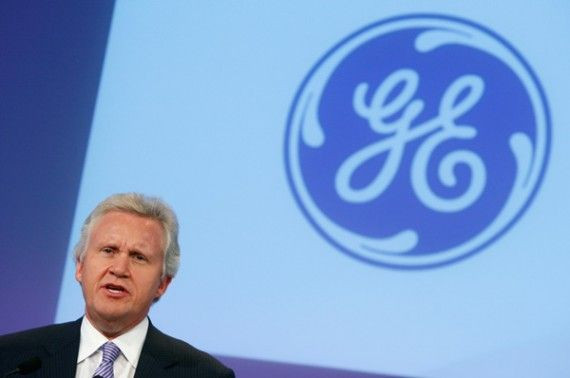GE Stock Hot Again? Analyst Gives 5 Reasons to Buy

The good times can't last forever, as General Electric Company stock is finding on Monday. GE's stock was on a roll last week, reminiscent of the Jack Welch days. GE (NYSE: GE) gained 4.7 percent last week after announcing a deal with $300 million with Saudi Electricity to provide gas turbines and related products and services for expanding six power plants in the country and an analyst at Bernstein Research gave a buy recommendation.
But on Monday, as the broader market was dragged down by concerns over the latest Eurozone plan, GE's stock gave back some of its profits, dipping 2.82 percent, or 48 cents a share, to $16.36.
Still, there's plenty of reason investors might have continued holiday cheer for GE, and the job CEO Jeff Immelt is doing. After downgrading GE in January, Bernstein Research analyst Steven Winoker listed five reasons, according to Barrons, that shares could climb to $21 -- near a 52-week high.
Among the reasons Winoker is bullish on GE:
- More dividend increasing, ultimately pushing the yield above 4 percent (it's currently 3.6 percent). In fact, GE just announced one hike on Friday.
- Money paid by GE Capital as a dividend back into to the larger corporation upon Fed approval, as was a previous practice before financial troubles in the great crisis rocked the company.
- Free cash flow growing 10% per year to more than $11 or $12 billion.
- Rising gas turbine orders, like the Saudi deal.
- good upside/downside valuation, according to Winoker, who says, To the downside, we assume our severe recessionary scenario EPS which is ~25% below our base case, as well as multiple contraction and that would result in ~$13-14 per share. On the current stock price of $16, this suggests ~2:1 upside/downside.
So, while GE's stock is taking a hit on Monday along with the broader market, at least one analyst sees more upside than downside in the near-term future.
© Copyright IBTimes 2024. All rights reserved.





















